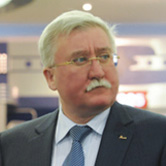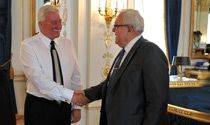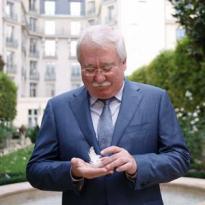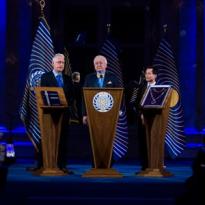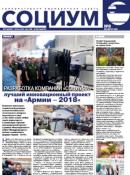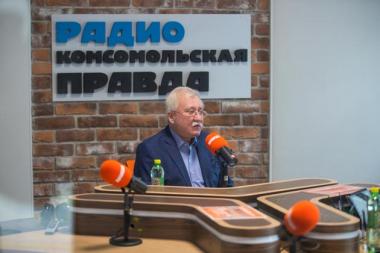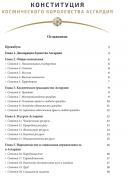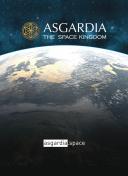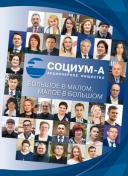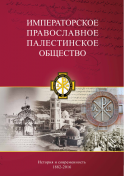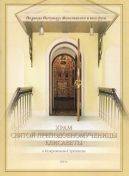The Times: Igor Ashurbeyli dreams of a satellite state to escape Earth’s woes
Future residents of Asgardia hope to live on “habitable platforms” known as arks suspended in orbit around the planet, but since the launch of the initiative last year there have been gripes about who would run it and how taxes would be levied — and the lack of women to have signed up.
However, 74 per cent of 140,000 registered voters have now approved a constitution for the nascent nation, making them de facto citizens, or Asgardians.
Councillors to represent small groups of Asgardians at present living in countries across the world are being voted on, and elections to a virtual parliament are expected by March.
Igor Ashurbeyli, 53, the mastermind of the scheme, says that it is “the realisation of Man’s dream to leave his cradle on Earth and expand into the universe”. Asgardia will be a “mirror of humanity in space but without earthly division into states, religions and nations”, he promises. “In Asgardia we are all just earthlings!”
An industrialist and former general director of the Russian arms manufacturer Almaz-Antey, he says he hopes that Asgardia will win legal status as a state from the UN.
In November the group will launch a satellite weighing barely 3kg; a first, symbolic step towards settling in space.
Mr Ashurbeyli is vague on how the multibillion-pound initiative will be funded but he claims to have a fortune of £150 million and has pledged to finance the early steps, with taxes from residents swelling the coffers later.
Asgardia is named after a mythical world inhabited by the Norse gods. Artists’ impressions of the arks show flowing rivers and villas along tree-lined avenues, with spacecraft gliding above. For the moment, the nation is a loose international group, connected online.
Asgardia is touted as a constitutional monarchy with Mr Ashurbeyli as leader, but not all its citizens are happy with the businessman’s decision to name himself Head of Nation.
The issue of taxes is also disputed: Mr Ashurbeyli says they will be voluntary, but some have wondered how many residents would actually pay up. The fact that only 15 per cent of Asgardians are women is also cause for concern.
Critics suggest that the scheme is bordering on fantasy. Frans von der Dunk, a space law professor at the University of Nebraska-Lincoln, told The Wall Street Journal that he thought the initiators “don’t have any idea what they are doing, legally speaking”.
Ross Cheeseright, 33, a Southampton Solent University student who lives in Salisbury, is one of the more active Asgardians in Britain. He said he had some “small concerns” about the constitution but approved it because “Rome wasn’t built in a day”. He added: “I am certain Asgardia will adapt and add polish as we move along.”
The Times, Tom Parfitt
